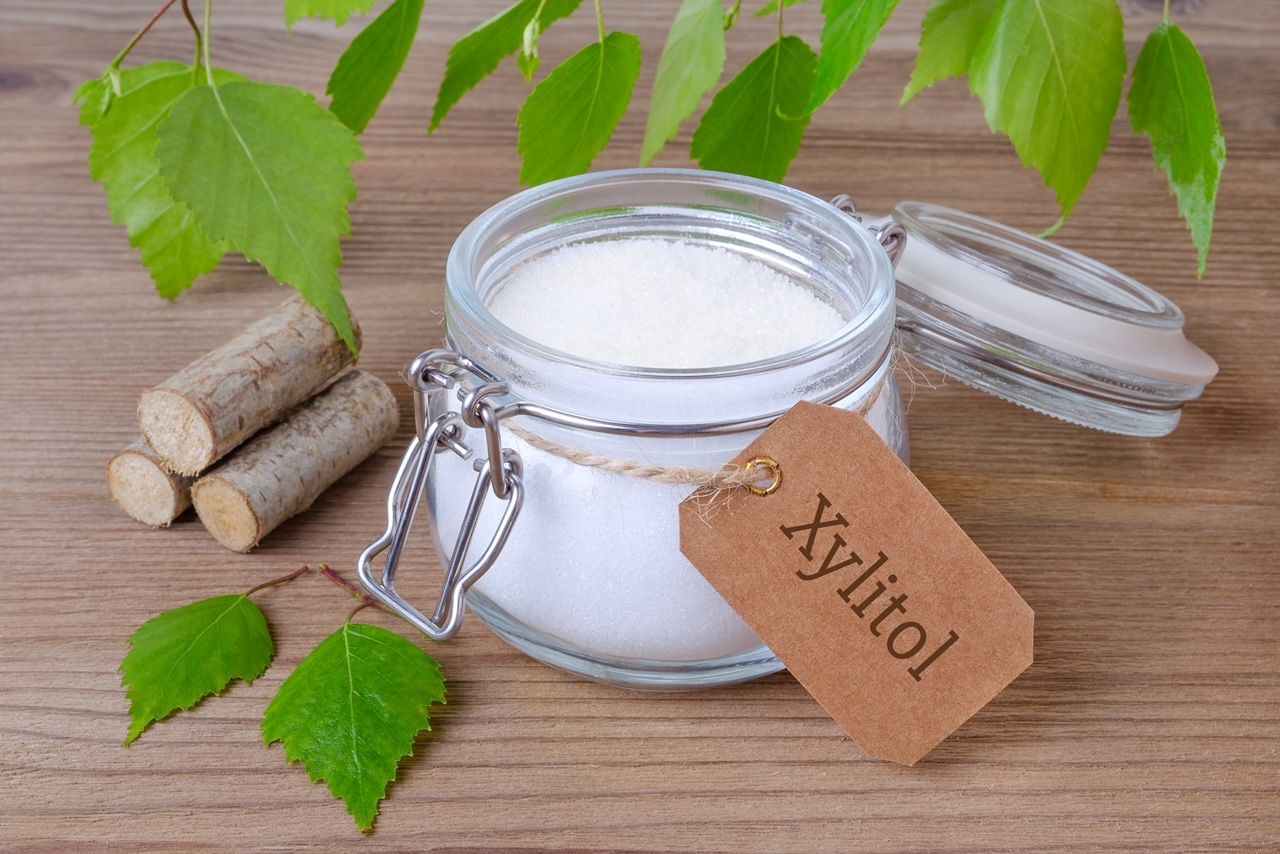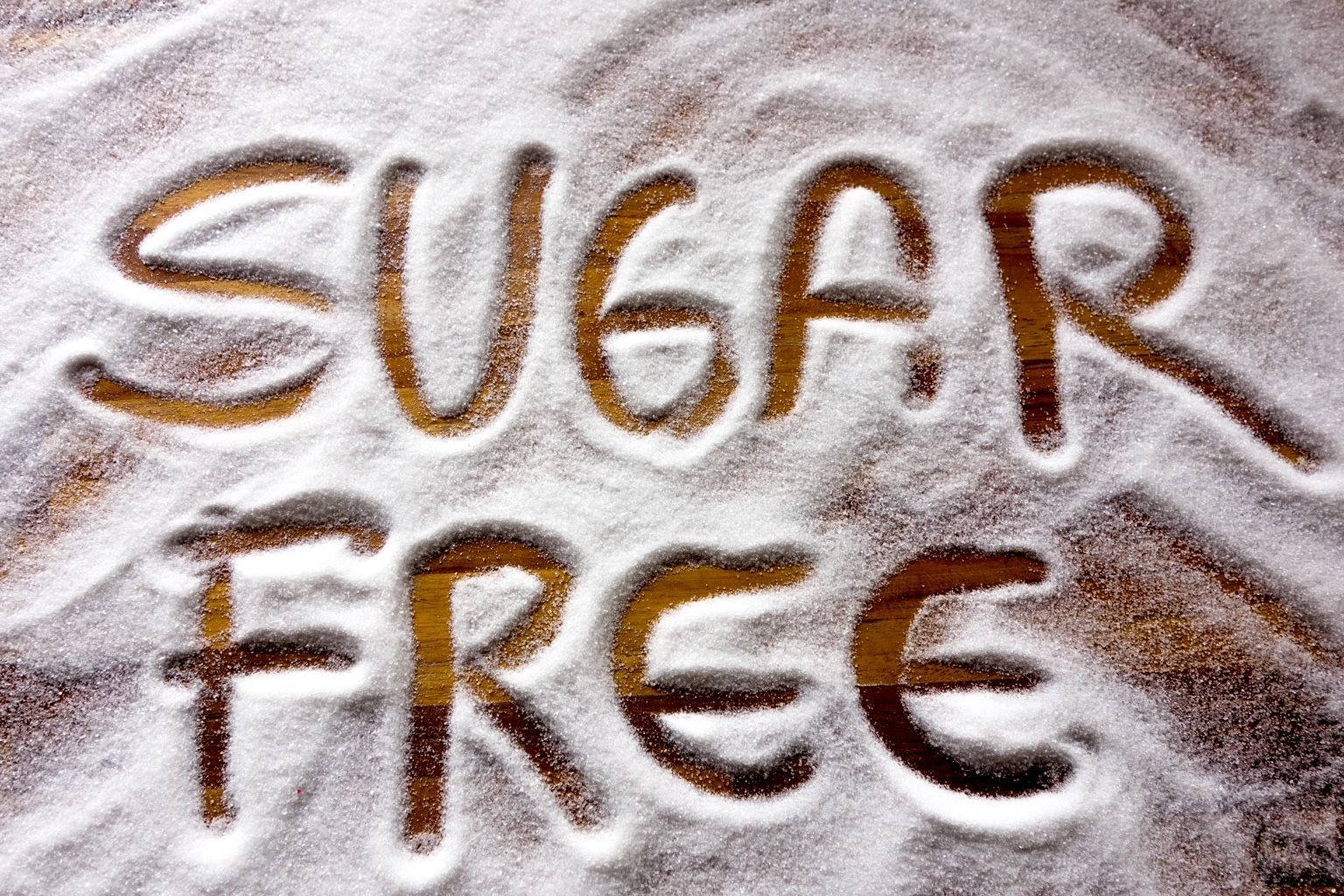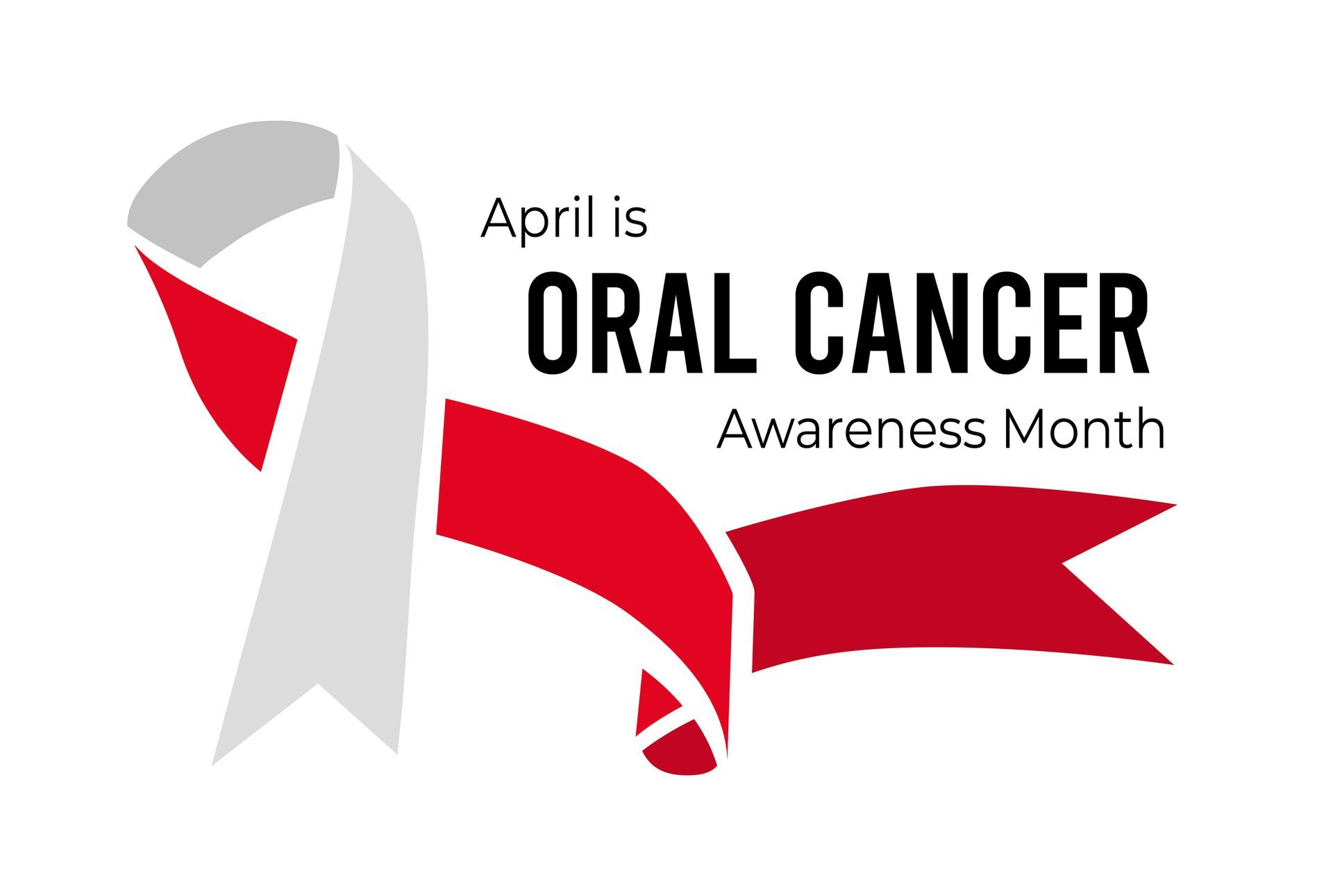Xylitol and Dental Health: A Comprehensive Analysis
Xylitol, a naturally occurring sugar alcohol, has garnered significant attention in the dental community for its unique benefits in oral health. This article discusses the dental aspects of xylitol, exploring its effects on tooth decay, gum disease, and overall oral hygiene.

Understanding Xylitol
Xylitol is a five-carbon sugar alcohol derived primarily from birch wood, a plant source. It is commonly used as a sugar substitute due to its sweetness, which is comparable to sucrose (table sugar), but with fewer calories and a lower glycemic impact.
Xylitol in Dental Health
The role of xylitol in dental health can be attributed to its unique chemical structure, which sets it apart from other sugar substitutes and offers several oral health benefits:
1. Reduction of Tooth Decay: Xylitol inhibits the growth of Streptococcus mutans, a primary bacterium responsible for tooth decay. Unlike sugar, xylitol is not metabolized into acids by oral bacteria, thus reducing acid production that can erode tooth enamel.
2. Remineralization of Enamel: Xylitol promotes the remineralization of tooth enamel by increasing saliva flow and enhancing its alkaline properties. Saliva rich in xylitol is more effective at repairing early cavities and strengthening tooth enamel.
3. Prevention of Gum Disease: By reducing the amount of plaque and the levels of harmful bacteria, xylitol indirectly helps in preventing periodontal diseases, including gingivitis.
4. Dry Mouth Relief: Xylitol stimulates saliva production, which is beneficial for individuals suffering from dry mouth (xerostomia), a condition that can increase the risk of tooth decay and gum disease.

Clinical Evidence
Numerous studies and clinical trials have demonstrated the efficacy of xylitol in reducing dental caries. Regular use of xylitol-containing chewing gum has been particularly noted for its ability to decrease the incidence of cavities.
Usage in Dental Products
1. Chewing Gum and Mints: Xylitol-sweetened chewing gum and mints are popular for their cavity-preventing properties. Chewing gum also stimulates saliva flow, enhancing the oral health benefits.
2. Toothpaste and Mouthwash: Many toothpaste and mouthwashes include xylitol due to its ability to fight plaque and support enamel remineralization.
Recommended Dosage
The American Academy of Pediatric Dentistry (AAPD) suggests a daily intake of 5-6 grams of xylitol, divided throughout the day, for optimal dental benefits. It’s important to start with a lower amount to gauge tolerance, as xylitol can cause digestive discomfort in some individuals.
Safety and Precautions
While xylitol is safe for human consumption, it can be lethal to dogs even in small amounts. Pet owners should ensure that xylitol-containing products are kept out of reach of their pets.
Conclusion
Xylitol represents a significant advancement in preventive dental care. Its ability to reduce the risk of tooth decay and enhance oral hygiene makes it a valuable component in dental products. By incorporating xylitol-containing products into daily oral health routines, individuals can significantly reduce their risk of dental caries and improve overall oral health. However, it should complement, not replace, traditional dental care practices like brushing, flossing, and regular dental check-ups.




